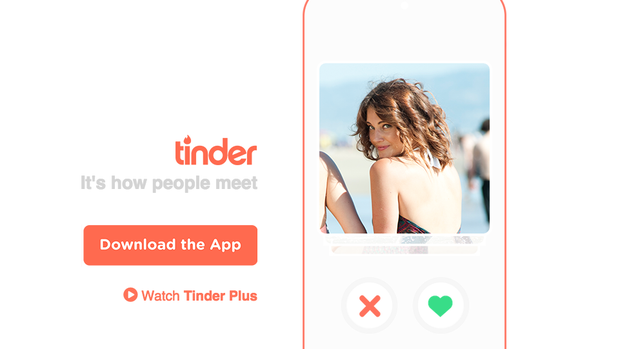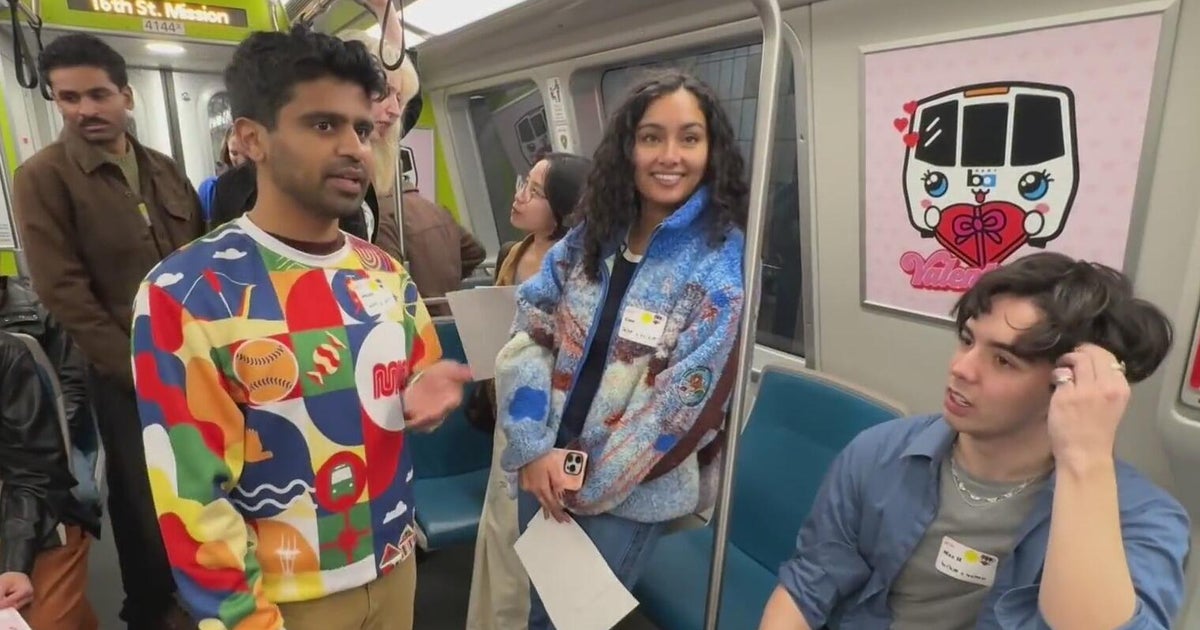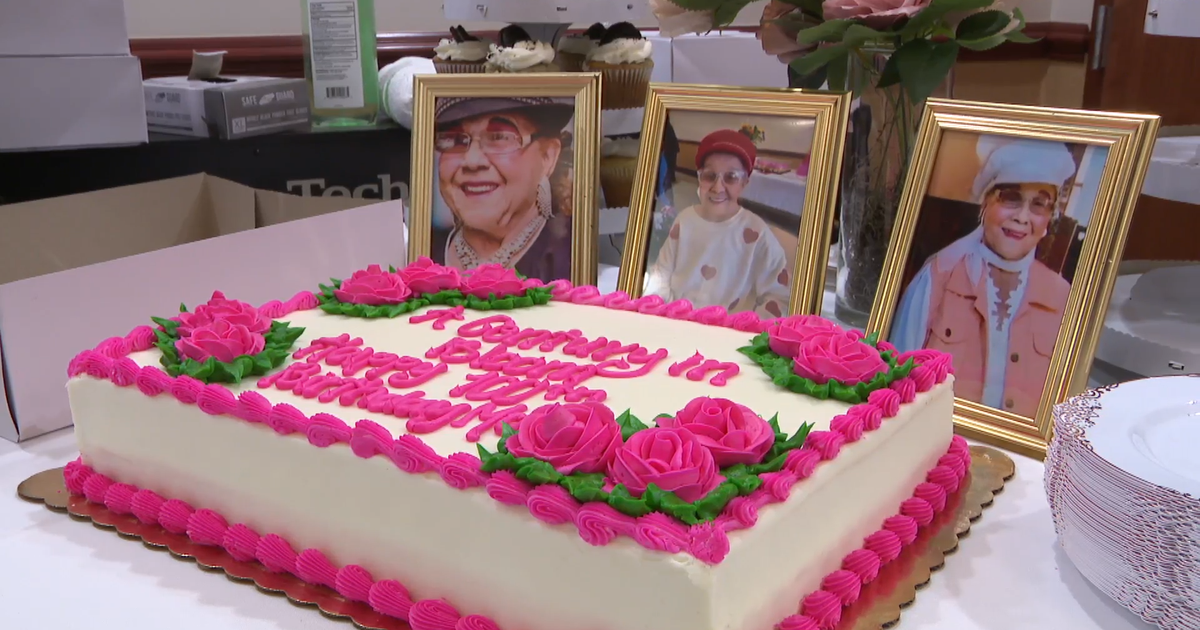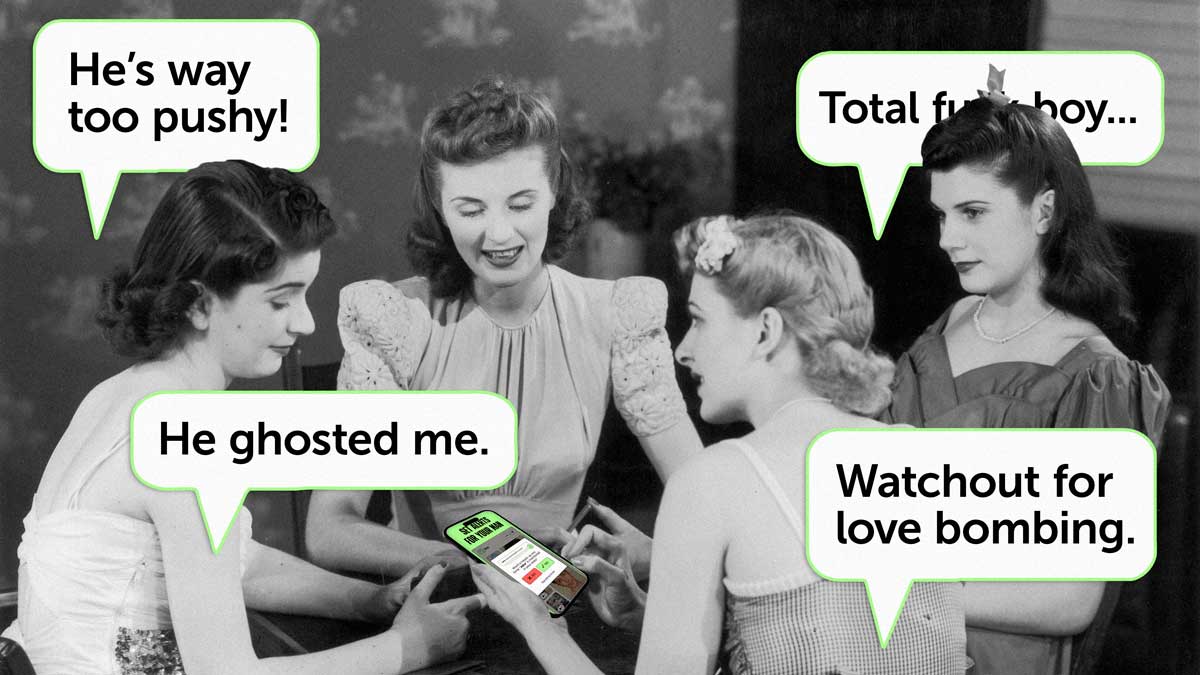How – and why – tech has taken over our relationships
This is part of CNET’s “It’s Complicated” series about the role technology plays in our relationships.
If you had to explain dating in 2017 to a time traveler from the 1950s, what would you say?
“I would explain texting first, and how it takes five minutes now for people to decide they want to hook up,” says comedian Nikki Glaser. “I would tell women, ‘Buckle up, bitch, this is not going to be a fun ride.’”
Glaser, 32, has made a professional study of dating sites like Tinder and the hookup culture that experts say has reshaped many people’s sex lives. It provides lots of fodder for her comedy routine.
For past generations, relationship milestones meant things like “going steady.” Today’s relationships can strike up after a few minutes of text chats.
And since nearly everything is done using an app on a phone, “you can have a relationship with someone and never hear their voice,” Glaser says.
So this is dating in the modern age. Having fun yet?
Dating apps are so ubiquitous now that swipe right, the way you show you like someone on Tinder, has become part of our everyday language. “Swipe right” now means “anytime you make a good choice or approve of something,” according to Urban Dictionary.
The internet has been “transformational” to the way we have relationships, says Pepper Schwartz, a professor of sociology at the University of Washington who studies dating. She’s noticed, for example, the speed at which technological trends ripple through our culture, and how quickly people become adopters.
“It changes us,” she said. “It’s a very powerful presence in modern life.” That’s particularly true in courtship and dating, Schwartz said.
Go back a couple hundred years, and the world was transitioning from arranged marriages to “love.” (Schwartz said researchers could tell because children weren’t getting married in order of oldest to youngest anymore.) Up until the automobile, airplane and mass education, people usually married someone nearby, such as a neighbor, a fellow churchgoer or the girl next door.
But these shifts fractured many communities. That, along with sex education, family planning and, in some places, egg freezing as a company-provided health benefit, has meant many people are waiting longer before they settle down.
Who hasn’t read about how millennials are less religious, have fewer kids and, despite the popularity of Tinder and the less formal dating culture it’s helped introduce, may even be having less sex. The term “cybersex,” which used to mean people describing sexual experiences to each other over chat, has morphed into “sexting” -- and it’s a far more accepted part of life. Varying sexuality and gender identity are more accepted today as well.
So as time passes and people move around, the traditional pools from which you’d normally find a partner pretty much disappear, Schwartz said. That leaves today’s relationship seeker with few options other than to look online.
It’s no wonder then that over 90 percent of America’s more than 54 million singles have tried online dating, according to the Statistic Brain Research Institute.
Over the past decade, dating services have been set up for pretty much any interest. If you wanted to date only people who like Star Trek, normally you’d have to weed through several p’tahks before finding someone to join your crew, as it were. Now there’s a site for pretty Stark Trek fans, as well as sites for vampire enthusiasts, gamers and even devotees to the writings of Ayn Rand.
There’s even a site for supporters of the newly inaugurated president of the United States. It’s called TrumpSingles.com.
Rapid change
Tinder’s simple but addicting formula of swiping right on a profile you like, and then getting an alert if that person swipes right on you, has become such a cultural sensation that Glaser began doing skits about it.
Watching how friends and coworkers used the app, she developed a theory that a not-small number of men would be willing to say pretty much anything in a text message conversation if they believed they might hook up.
So she tested it in a segment called Tinder Tapout for her late night Comedy Central show, “Not Safe with Nikki Glaser,” which ran for 20 episodes last year.
She and her team created fake profiles of good-looking women, then struck up conversations with real-life men. The joke: See how long the men stick with the conversation as the fake women say increasingly crazy things.
Glaser started one conversation by having a fictional female celebrate that she’d just sold a stolen wheelchair. In another, she told a marine she had PTSD, “Party Till Severely Dumber.” He responded, “What’s your favorite color?”
“People went further than you would ever think,” Glaser said. Her theory is that the men had so many conversations going that her character was “another fish in the sea to them.”
Tinder isn’t unique, it’s just one of the most well-known. Other apps, such as Grindr, used by the gay community, and Bumble, in which women make the first move, have joined staples like OkCupid, Match.com and eHarmony as go-to dating services on the web.
Not everyone likes the seeming minefield of internet dating, though. That’s when they turn to Amber Kelleher-Andrews and her matchmaking service, Kelleher International, founded by her mother Jill Kelleher in 1986 just outside San Francisco. With prices ranging from $25,000 to $300,000, her clientele skews toward the rich and famous. But she said many people come to her after having given up on the app world.
“There are people who it isn’t working for,” she said. “The people who come to matchmakers are highly frustrated.”
Kelleher, who met her husband in school despite her mother’s attempts to match her with other men, is considering bringing a lower-priced version of her service onto the internet too. One idea she’s considering is taking over the management of a person’s online profile, and then helping select dates among the swipes and winks that pile up.
“People are really bad at choosing by themselves,” she said.
The new normal
It’s easy to forget modern smartphones came on the scene only a decade ago, when Steve Jobs unveiled the first iPhone. The mobile app boom came afterward, helping make services like Uber, Twitter, Instagram and Tinder household names.
We’re still feeling the effects that technological change is having on our culture and how we communicate, said Nicole Ellison, a professor at the University of Michigan School of Information.
For example, people routinely strike up a conversation about something someone said online, like if a colleague posted about his child’s birthday on Facebook. A few years ago, that might have been considered creepy. Now it’s pleasant and thoughtful.
We may reach a point where tech helps us more easily find people in our daily lives, Ellison said, and not just find someone to meet up with later. Imagine, for example, an app that points out a fellow Game of Thrones fan at a party, so you can more easily strike up a conversation.
“We have more information about people than ever before, and many of us have these supercomputers in our pocket that have geolocation capabilities to see who’s around us in space,” she said.
Together, that information could help us more easily talk to each other and find common ground. “That would be my hope,” she said.
In the meantime, people like Glaser are asking for less ambitious technologies to fix some of the inconveniences of today’s dating scene. At the top of her list is an undo button for text messages, like how Google’s Gmail gives you 30 seconds to cancel an email after you press Send.
“We’ve all sent off things we regret,” she said. “It’s crazy that that can make or break a relationship.”
Then again, maybe not. Time travelers beware.
CNET Magazine: Check out a sampling of the stories you’ll find in CNET’s newsstand edition.
Batteries Not Included: The CNET team shares experiences that remind us why tech stuff is cool.
This article originally appeared on CNET.com as “Here’s why tech has taken over our relationships.”




